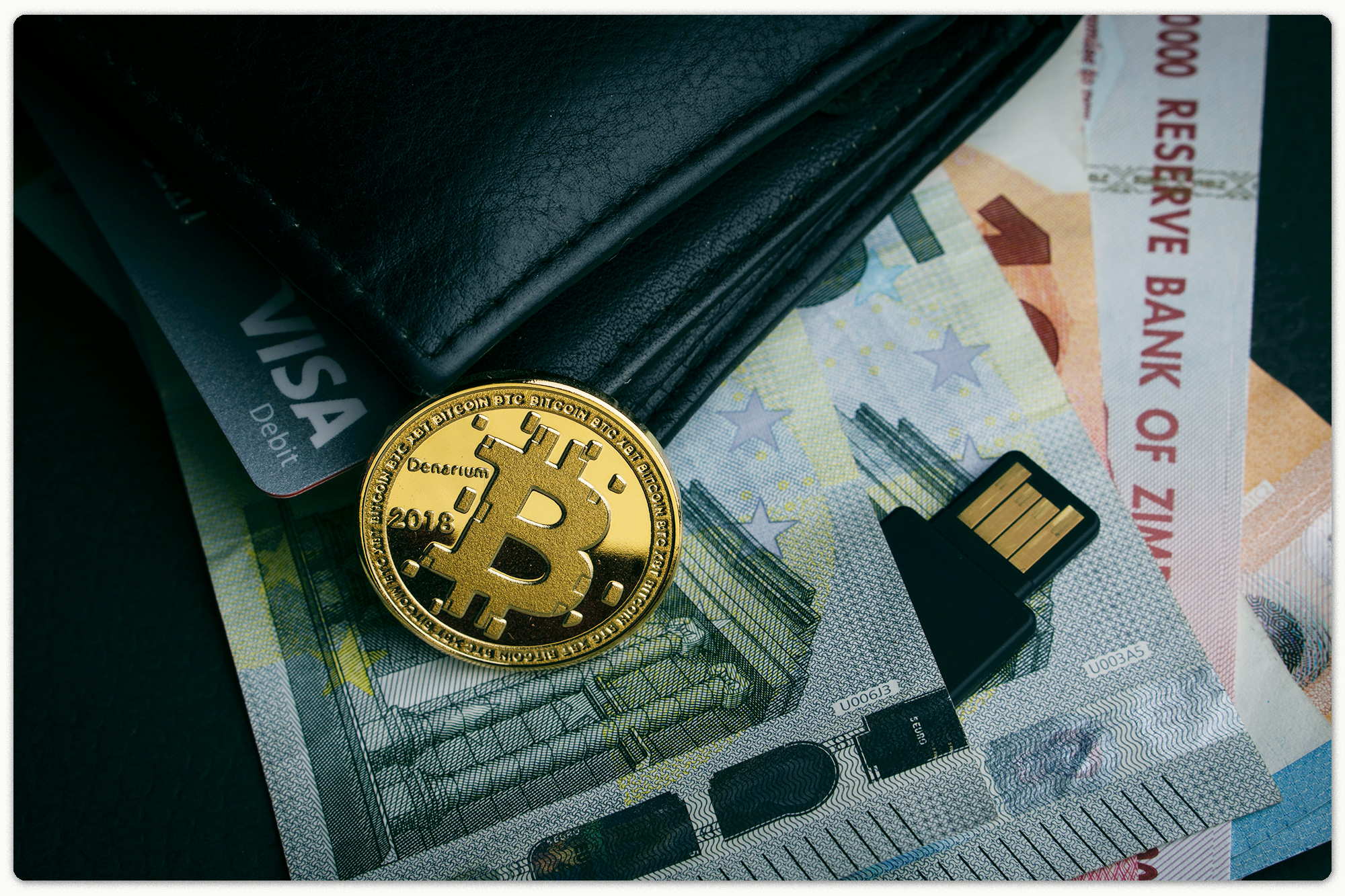Last week, the WSJ reported that the Biden administration plans to limit the use of sanctions in a foreign policy shift, which Treasury officials believe would strengthen the impact of a tool that the U.S. has relied on for decades, and has seen OFAC designations rise ten-fold from 912 in 2000 to 9,421 in 2021. Notably, the Treasury stated that “to ensure sanctions continue to support U.S. national security objectives, the U.S. government must adapt and modernize” and that “these changes are also needed to keep pace with the evolution of the global financial architecture, which has a profound impact on the efficacy of U.S. financial sanctions” as adversaries reduce their reliance on the dollar in this new digital frontier.
According to the WSJ, the move comes following a nine-month audit of sanctions policy led by the Treasury Department, whose officials stated that while sanctions remain a critical policy tool it needs to be better calibrated to mitigate the unintended consequences, such as harming vulnerable groups or alienating allies whose support is needed as Washington pushes multinational sanctions on the global stage. Most critical though is negating any economic and geopolitical fallout from its use as the U.S. emerges from a period of “overuse and under-enforcement of economic sanctions.” As we’ve previously reported, the prior administration’s aggressive use of sanctions, a rate almost double that of its predecessor with over a thousand new sanctions designations a year, has “given rise to a growing geopolitical backlash that brings new risks to their effectiveness over the long-term.”
Whatever the outcome, some in the industry believe that “while the number of sanctions actions may decrease under the new framework, compliance departments will likely remain busy as Treasury crafts more complex sanctions rules designed to maximize pressure on adversaries and minimize impacts on the United States, allies, and vulnerable populations.” Notwithstanding the separate sanctions imposed by other departments, such as State, Commerce, Homeland Security, and Justice, keeping up with changes in regulatory activity will be of the utmost importance to sanctions compliance going forward. Despite the pandemic, 2021 has seen a significant increase in the number of changes published with more sanctions amended than all prior years combined! And with the Treasury audit recommending that the agency “expand its use of technology to provide critical information,” institutions should do so as well as “recent trends in technology have not only made it easier for institutions to search through vast amounts of data but have also raised the expectations about the due diligence process, as well as industry standards.” With ever-increasing volumes of data and an ever-changing sanctions compliance landscape, the time has come to embrace digital innovation to better facilitate compliance, and more critically be better prepared for tomorrow’s challenges.

The leak and subsequent investigation of the FinCEN Files hit the financial services industry hard this past week - resulting in sharp declines in...

This week, the Financial Action Task Force (FATF), a global AML/CFT watchdog founded by the G7, published its new proposed draft guidance on virtual...

Sigma Monitoring has been further enhanced to offer new self-service capabilities that allow for end to end oversight of large volumes of entities at...
